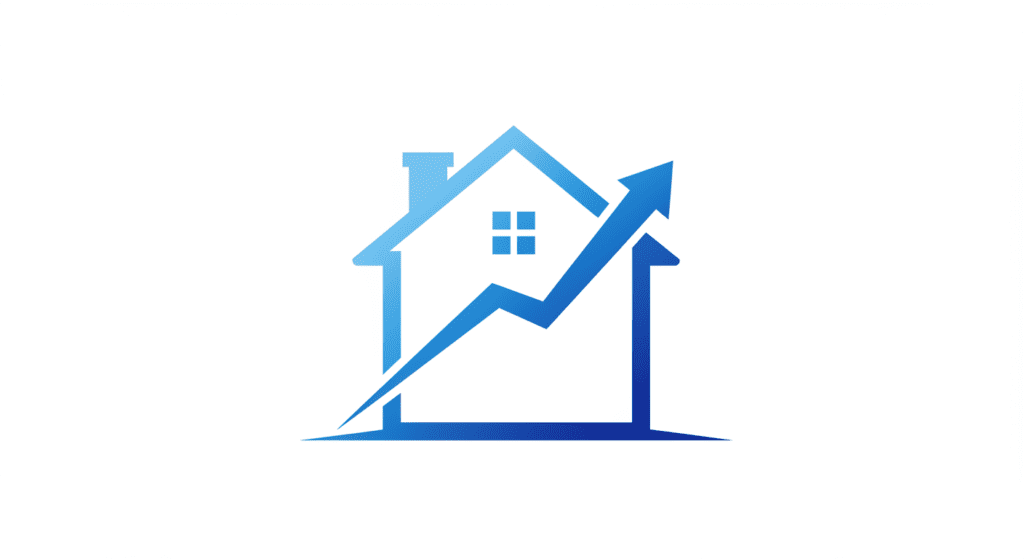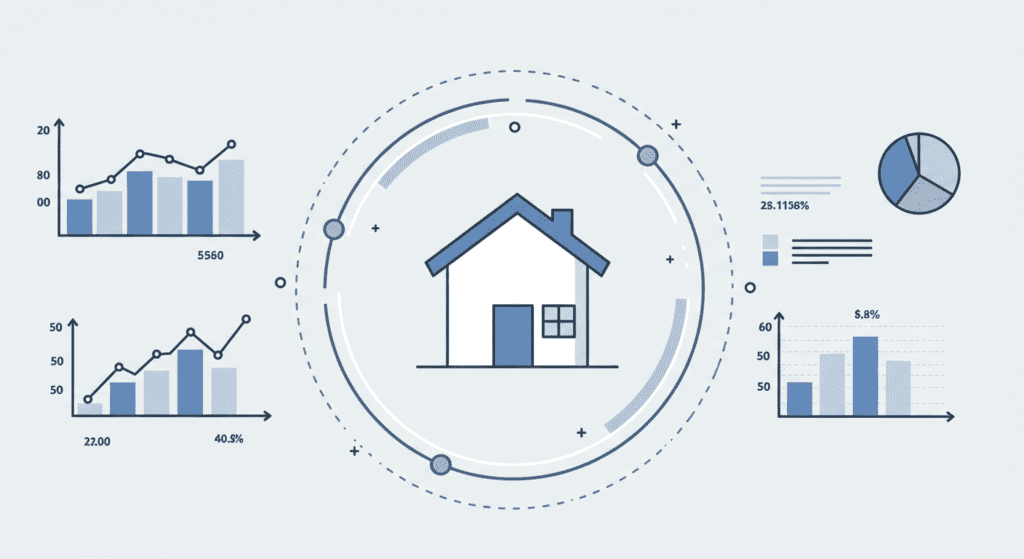Running a real estate wholesaling business isn’t just about finding deals. Long-term growth depends on analyzing performance consistently. If you’re not checking in every quarter, you’re likely missing revenue, wasting leads, and repeating mistakes.
Top-performing wholesalers don’t guess. They track. They compare. They improve. And most importantly, they run on systems like those built by REI Podio CRMs. With the right setup, you can monitor everything from deals closed to profit per lead—all in real time.
In this article, you’ll learn why quarterly reviews matter, what metrics to track, and how tools like Podio for Real Estate can simplify everything. Let’s dive in.
Why Real Estate Wholesaling Needs Quarterly Evaluations
Every 90 days, you should know exactly where your business stands. That includes knowing which marketing channels are working, how much profit you’re earning, and where your lead conversions may be slipping.
Skipping evaluations means you’re running blind. You can’t improve what you don’t measure.
That’s why leading wholesalers use a CRM for real estate wholesalers—to get hard data that tells the truth. No fluff. No wishful thinking. Just facts that help you win.
With systems from REI Podio CRMs, you can instantly pull reports showing where your business is thriving and where it’s leaking cash.
Quarterly check-ins help you pivot before it’s too late. They highlight what’s working, what’s failing, and what deserves more of your attention. The result? A tighter operation, more deals, and higher profits.

Key Metrics to Track in Your Real Estate Wholesaling Business
Success in wholesaling starts with knowing your numbers. While every business is different, there are a few key areas you should review each quarter.
The number of deals closed is your main performance indicator. If that number’s dropping, you may have a lead gen or conversion issue. If it’s rising, it signals momentum. Compare this to previous quarters to identify growth trends.
Your profit per deal matters just as much. Closing ten deals that earn $2,000 each is not as strong as five deals earning $10,000. Use your CRM to track expenses, assignment fees, and net margins to get the full picture.
Lead generation metrics tell you how many leads you’ve collected, which channels they came from, and how many turned into real opportunities. If your pipeline is drying up, now’s the time to double down on what works—whether it’s cold calling, SEO, or direct mail.
Marketing ROI shows whether your spending makes sense. Spending $5,000 to earn $2,000 isn’t smart. But spending $10,000 to earn $40,000 is worth repeating. With Podio CRM, you can tie deals back to their source and adjust your budget accordingly.
And finally, your conversion rate shows how many leads become deals. Low conversion means something’s off—maybe in your pitch, your follow-up, or your lead quality. Use automation inside REI Podio CRMs to test different approaches and fine-tune your sales process.

How to Analyze and Use Your Results
Comparing your current quarter to the last one helps you spot shifts early. Are deals dropping? Is ROI improving? Trends tell the story.
If your profit per deal is up but deals closed are down, your marketing may be reaching fewer sellers—but higher quality ones. On the other hand, if leads are high and conversions are low, your follow-up system likely needs work.
Review what worked and double down. Look at what didn’t, and make a plan to fix it. This is where Podio Customization becomes powerful. Instead of generic dashboards, you build your system to highlight your unique KPIs.
Focus on one or two areas per quarter. Maybe this quarter is all about boosting conversion. Next quarter could be about cutting marketing costs. Small improvements over time create big wins.
Don’t guess. Let your CRM for real estate wholesalers show you where to improve.

Set New Goals That Move the Needle
After reviewing your metrics, it’s time to set new targets. Don’t just say “close more deals.” Say, “Increase conversions by 10%,” or “Cut marketing cost per deal by 20%.”
Specific goals lead to specific actions.
For example, if you want to close more deals, that might mean increasing follow-up frequency or testing a new SMS campaign. If your profit margins are thin, maybe it’s time to negotiate better deals or cut software expenses.
Inside REI Podio CRMs, you can set up workflows to track these goals and even assign tasks to team members to make them happen.
You don’t need huge changes every quarter. You just need consistent ones.
Use REI Podio CRMs to Make Evaluation Easy
Evaluating performance doesn’t need to be a painful process. With Podio CRM, everything you need is already tracked.
The system shows how many leads you’ve received, how long it took to close deals, which campaigns performed best, and how profitable each deal was. You don’t need to dig through spreadsheets or guess where your time went.
REI Podio CRMs builds your dashboard around your exact business process. Want to track cost per lead? Done. Need a chart of deals by acquisition channel? No problem.
You can even track how many follow-ups it took to close each deal—and where the bottlenecks are in your pipeline.
This is how top wholesalers stay ahead. They don’t wait until year-end to make adjustments. They check the data every quarter and act fast.
Don’t Forget Your Finances
Revenue is great, but expenses matter too. That’s why pairing your CRM with financial tools like QuickBooks helps you track net profit, not just gross assignment fees.
You need to know what’s going out, what’s coming in, and where you can tighten things up.
Marketing budgets, virtual assistant costs, software subscriptions—track it all. Then compare those costs to your revenue to make smart adjustments.
If one channel is too expensive and isn’t converting, cut it. If another is profitable, scale it.
REI Podio CRMs allows for integrations that help you track and manage this in one system. That’s why many consider it the best CRM for real estate wholesalers & investors.
If You Have a Team—Collaborate and Improve Together
Quarterly reviews aren’t just for solo investors. If you’ve got a team, bring them in.
Use your CRM to pull up performance reports. Show what’s working. Talk about what needs fixing. Then assign tasks and responsibilities for the next quarter.
When your team sees the numbers, they understand the mission. They get aligned. And that alignment fuels growth.
Inside Podio for Real Estate, you can assign leads, track task completion, and hold your team accountable—all in one place.
The more transparent your goals, the easier it is for your team to achieve them.

Avoid These Common Mistakes
Some wholesalers avoid quarterly reviews because they don’t want to face the data. But ignoring your numbers doesn’t make the problems go away. It just makes them harder to fix.
Others set unrealistic goals and burn out trying to reach them. Don’t aim to triple your deals overnight. Instead, aim to improve one piece of your system at a time.
And finally, don’t rely on gut feelings. Data tells the real story. Your CRM should be your compass, not your memory.
That’s why wholesalers serious about scaling use REI Podio CRMs. It gives you the numbers, the visuals, and the tools to act fast and grow smart.

Final Thoughts: Real Success Starts With Evaluation
If you’re not tracking performance, you’re not growing. Quarterly reviews keep your real estate wholesaling business on track and competitive.
With Podio CRM and the custom systems from REI Podio CRMs, you can evaluate your results, set smarter goals, and scale with confidence.
Now’s the time to take control of your business performance. Pull your numbers. Look at the trends. Make the changes. And grow a business that works for you, not the other way around.
FAQs
How often should I evaluate my real estate wholesaling business?
Quarterly reviews help you stay agile and fix issues before they grow.
What is the most important metric to track?
Closed deals, profit per deal, and conversion rate are top priorities.
How does Podio CRM help?
It automates lead tracking, follow-ups, and performance reports—all in one place.
Can REI Podio CRMs customize my dashboard?
Yes. Everything is built around your workflow and business goals.
Do I need a team to benefit from quarterly evaluations?
No. Solo wholesalers gain just as much from structured reviews and data tracking.









